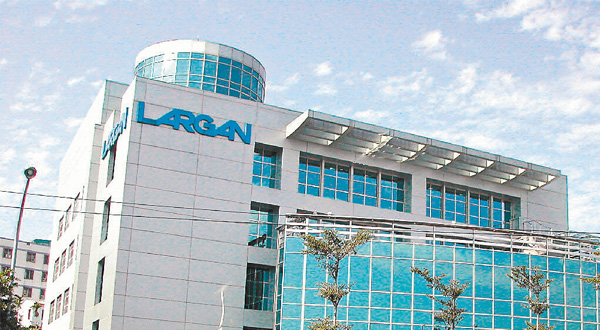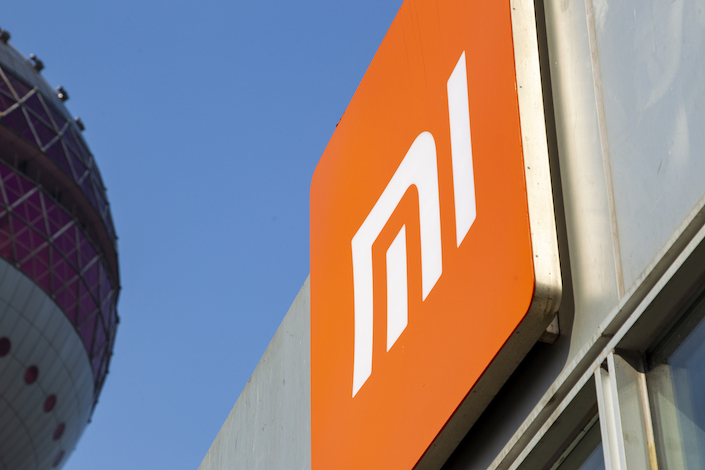October 8, 2021
GDPR: Four Common Misconceptions About Collecting Personal Data

Whether your business is B2B or B2C, you’ll inevitably run into the question of data collection and GDPR compliance. We’ll break down some misconceptions surrounding data collection so you will have a better idea on how to navigate through GDPR compliance.
Misconception #1: I cannot collect certain personal data.
Generally, GDPR does not restrict the type of data you collect, but it does restrict the circumstances in which you can collect. You can collect all sorts of user data as long as you obtain explicit consent from the user and have proper safeguards against data breach. Keep in mind that there are specific requirements for obtaining a user’s explicit consent which you must follow before you start collecting user’s personal data.
Misconception #2: Business data is also personal data.
Business data is treated differently from personal data. Sometimes the line between what is considered business data and personal data can be blurred, but generally, business data is not personal data that is governed by GDPR. For example, my office email and phone number is considered business data and not my personal data, even though you can identify me using such information.
Misconception #3: I can collect my employee’s information without complying with GDPR.
Many of our clients with subsidiaries or affiliates in the EU mistakenly think that they can receive and make use of employee’s data from their EU offices. That is not the case. Your EU offices have the right to refuse to provide their employee’s information to other offices (or even the headquarter) if the other offices are not in compliance with GDPR. Certain employee data can be considered as personal data and not business data; therefore, governed under GDPR.
Misconception #4: GDPR is the same as your local privacy laws.
Complying with GDPR does not necessarily mean you are in compliance with your local privacy laws. Although much of the laws and regulations may overlap, there are likely differences (even subtle differences) that may put your company at risk of violation. This is why you should consult with your attorney that is familiar with both GDPR and local privacy laws.
Please note that these are general information on GDPR provided for your reference and should not substitute the advice of an attorney. Please contact our office find out more on GDPR compliance for your business.


 A year ago, on February 5, 2020, Huawei filed a patent infringement litigation at the US Eastern District Court of Texas against US telecom giant Verizon demanding USD 1 billion in licensing fees. This sparked political outrage in the US as Huawei is on the US government’s blacklist for both mobile and 5G network infrastructure.
A year ago, on February 5, 2020, Huawei filed a patent infringement litigation at the US Eastern District Court of Texas against US telecom giant Verizon demanding USD 1 billion in licensing fees. This sparked political outrage in the US as Huawei is on the US government’s blacklist for both mobile and 5G network infrastructure. 
 Foxconn Technology Group and Zhejian Geely Holding Group made their strategic cooperation official by entering into a new JV each with 50% stake. The JV is to provide consulting and manufacturing services relating to eclectic vehicles, drive systems and automotive ecosystems platforms. Geely and Foxconn plans on helping automakers to quickly and smoothly transition into the EV market.
Foxconn Technology Group and Zhejian Geely Holding Group made their strategic cooperation official by entering into a new JV each with 50% stake. The JV is to provide consulting and manufacturing services relating to eclectic vehicles, drive systems and automotive ecosystems platforms. Geely and Foxconn plans on helping automakers to quickly and smoothly transition into the EV market. The United States Patent and Trademark Office issued 352,017 patents in 2020, of which 9,130 are patents filed by International Business Machine (IBM). Followed by second place, Samsung, with 6,415 issued patents. IBM’s patents focus on technology related to hybrid cloud, artificial intelligence and data security. This is not surprising as the market observed a strong push towards cloud data, the success of which depends heavily on AI to process and analyze big data and data security.
The United States Patent and Trademark Office issued 352,017 patents in 2020, of which 9,130 are patents filed by International Business Machine (IBM). Followed by second place, Samsung, with 6,415 issued patents. IBM’s patents focus on technology related to hybrid cloud, artificial intelligence and data security. This is not surprising as the market observed a strong push towards cloud data, the success of which depends heavily on AI to process and analyze big data and data security. Amongst the Chinese companies blacklisted by the US government, Xiaomi Corp., became a new member of the blacklist along with 8 other companies. The military blacklist by the US Department of Defense targets companies that the government suspects to have military ties. The military blacklist differs from the Commerce Department’s entity list, which notoriously blocked US companies from supplying components to Huawei.
Amongst the Chinese companies blacklisted by the US government, Xiaomi Corp., became a new member of the blacklist along with 8 other companies. The military blacklist by the US Department of Defense targets companies that the government suspects to have military ties. The military blacklist differs from the Commerce Department’s entity list, which notoriously blocked US companies from supplying components to Huawei.